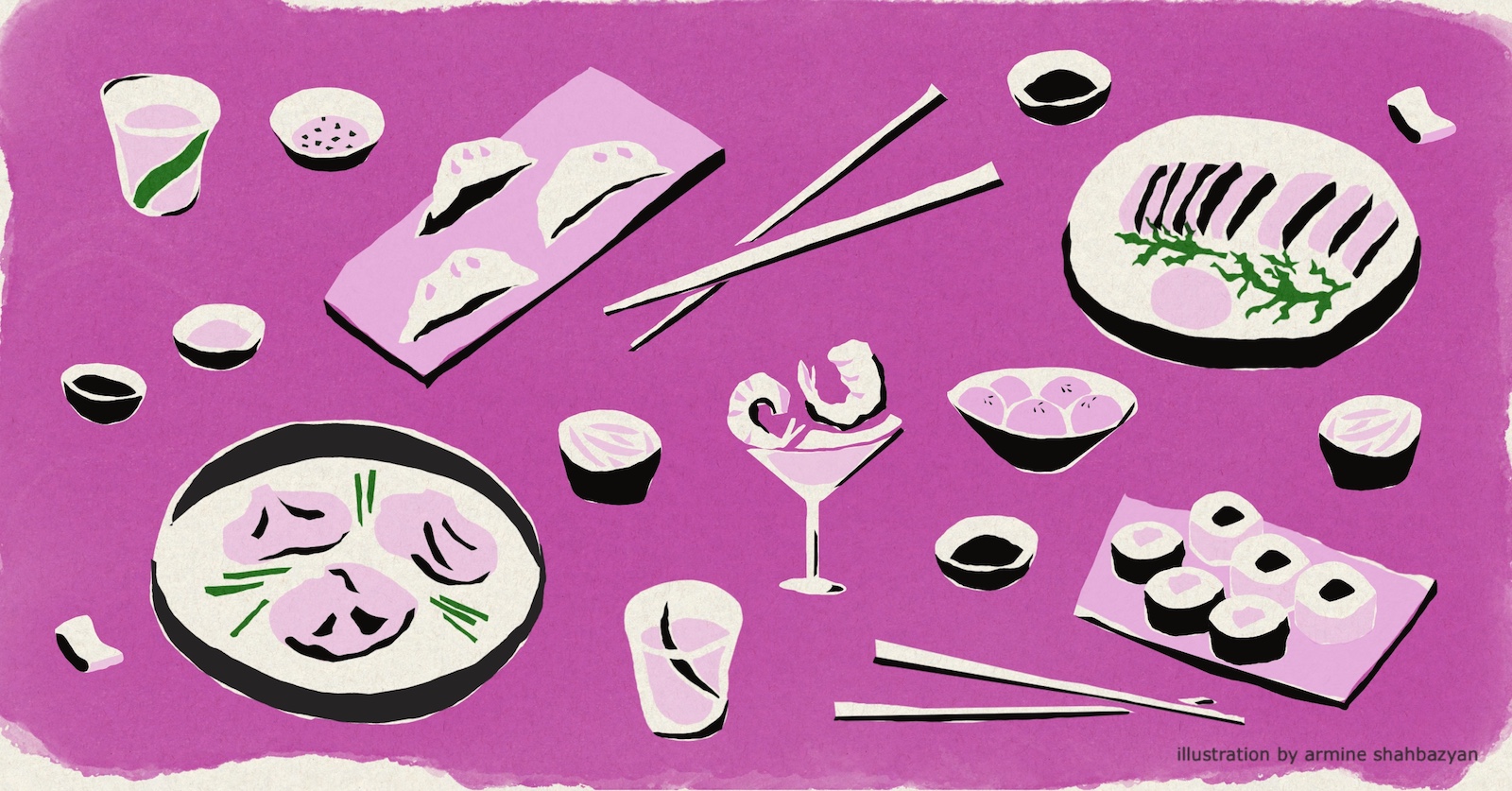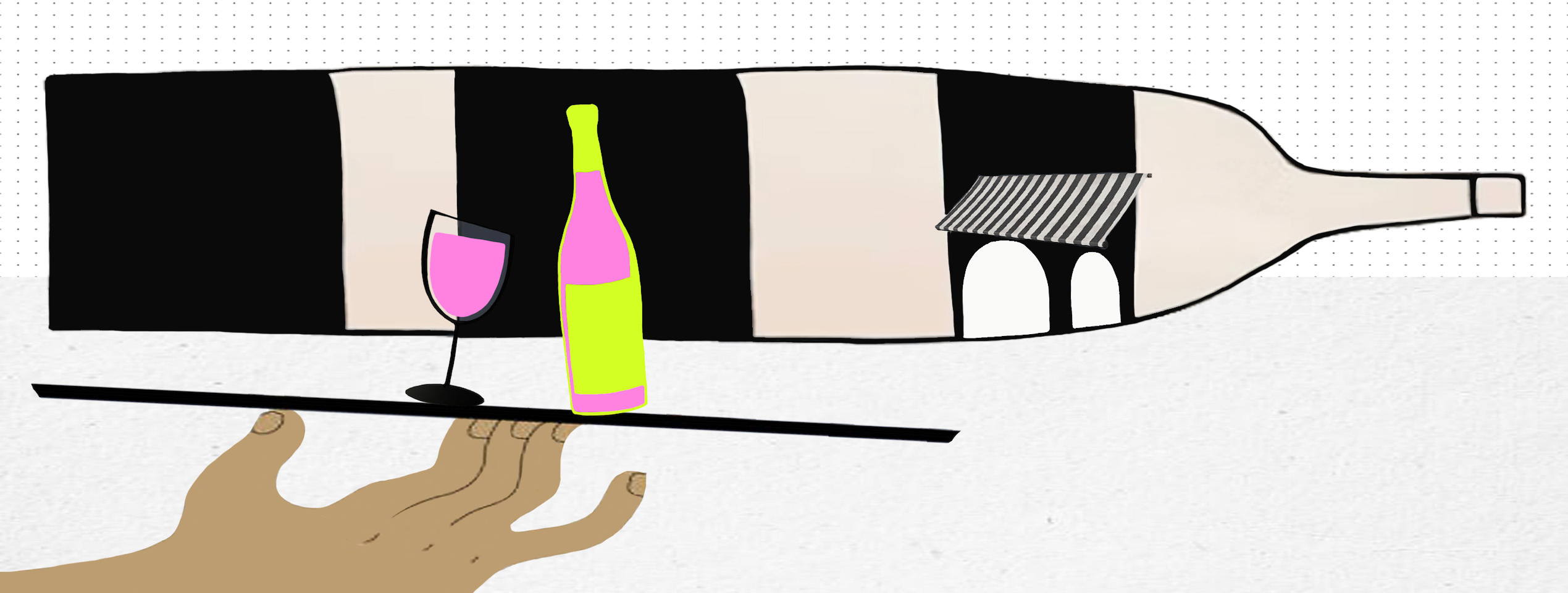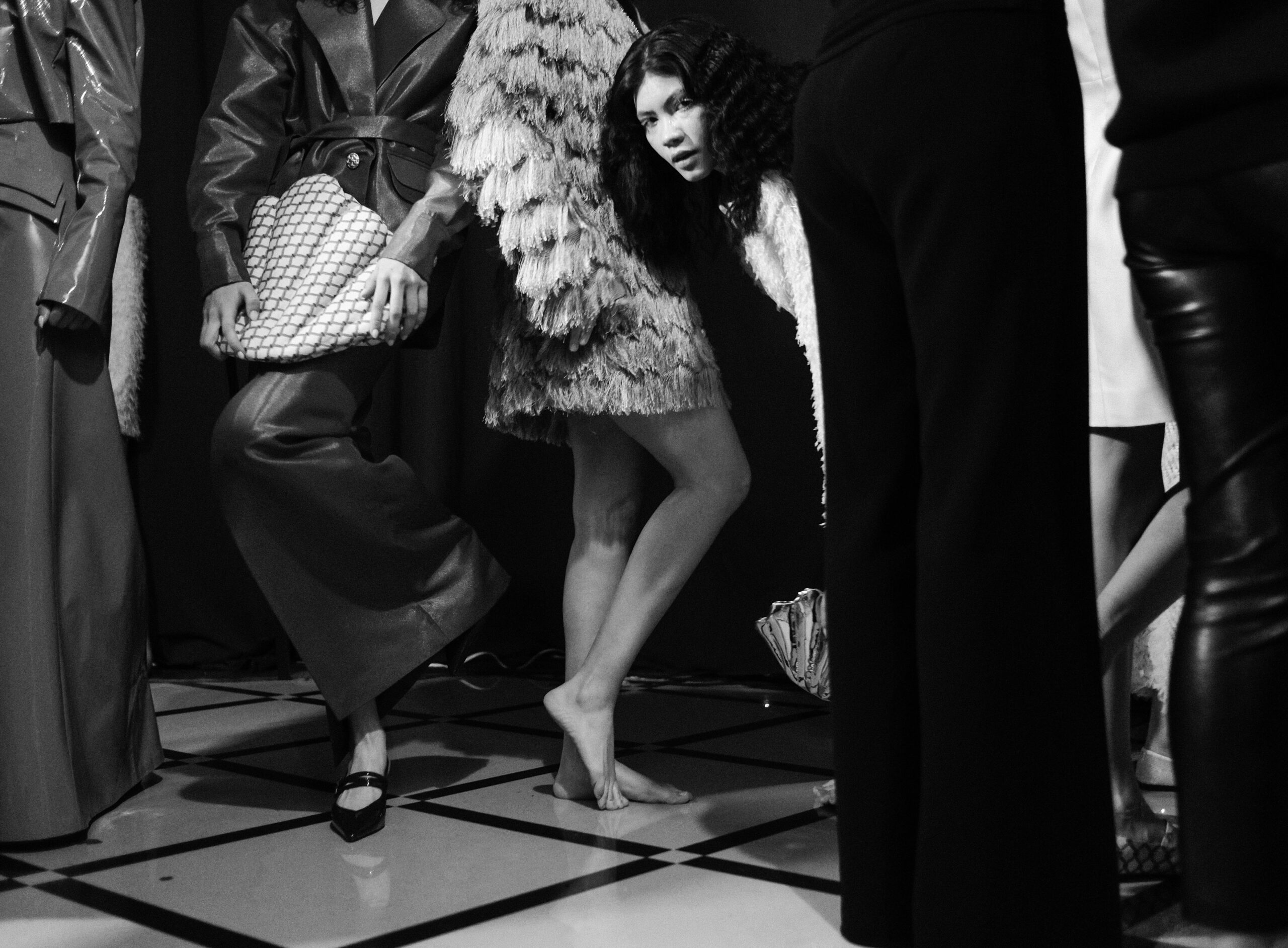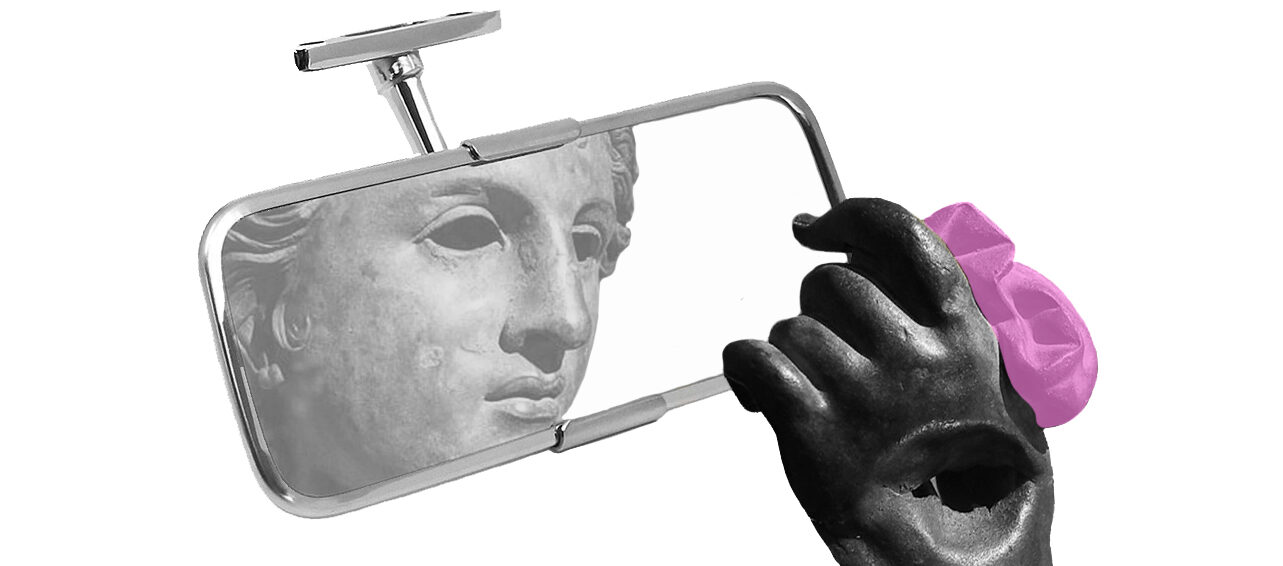The influx of Russian speakers in Armenia, particularly within Yerevan’s vibrant food and beverage industry, has sparked debate among locals and diasporans. Many restaurants and cafés now employ Russian-speaking staff, some of whom exclusively use their native language when interacting with customers.
This linguistic shift has reignited sensitive issues rooted in Armenia’s Soviet past, when Russian was perceived as the language of prestige. For the growing number of Russians who have moved to Armenia since 2022, following Russia’s invasion of Ukraine, the widespread familiarity with Russian in Armenia created a sense of ease in adapting to life here. However, this convenience for Russian emigres has left many Armenians feeling sidelined in their own country.
Several café managers in Yerevan, particularly in bustling neighborhoods like the Cascade, intentionally hired Russian-speaking staff to accommodate the growing number of Russian patrons. Openhaus Community, for instance, is known for its Russian waiters—a decision the management justifies by highlighting the proximity of Russian-owned offices, which contribute to a predominantly Russian clientele. Similarly, Angela Khachatryan, founder of Prepa, explains that hiring Russian-speaking employees was a strategic move to meet the needs of the increasing number of Russian expatriates in the area. She also sees it as “an employment opportunity for those who sought refuge in Armenia during the war.”

The local job market has also adjusted to this linguistic shift. The increasing presence of Russians in Yerevan’s food and beverage industry is partly attributed to a shortage of Armenian waitstaff. According to Vachagan Tonoyan, a former manager and staff trainer for multiple restaurants, many Armenian waiters are dissatisfied with current employment terms, often seeking higher salaries and better working conditions. In contrast, Russian waiters are typically more willing to accept these terms, making them easier to hire.
Restaurant managers often praise Russian employees for elevating the dining experience. At Prepa, for instance, Russian employees “brought new servicing techniques that were more customer-friendly, and many people were appreciative,” Khachatryan says. “The baristas and waitresses were very communicative and created good relationships with our customers, which created an atmosphere where people wanted to come back.”
While Russian waitstaff may enhance the experience for Russian-speaking customers, this often comes at the expense of local Armenians and other tourists and visitors. Many Armenians, especially those from the diaspora, are often taken aback when waiters address them in Russian, expressing frustration at being unable to communicate in Armenian in their own country. One café patron in Yerevan shared her irritation when a Russian waiter greeted her in Russian, assuming she would understand. “I expect Russian waiters to greet me in Armenian as a sign of respect,” she said, emphasizing that learning basic Armenian is essential for expatriates working in the service industry.
Not everyone shares this perspective. Romela Harutyunyan, who regularly frequents local cafés, sees no issue. “It doesn’t bother me when they greet me in Russian because I’m comfortable speaking the language,” she explained, highlighting the diverse reactions among locals.
Managers, however, often downplay these concerns, focusing instead on the overall performance of their staff. “If there’s an issue, we just send over an Armenian-speaking waiter,” said a manager at Malocco Café. To minimize potential conflicts, some establishments employ a mix of Armenian-speaking and Russian-speaking waiters, striving to accommodate the preferences of their diverse clientele.
The situation is further complicated by the apparent reluctance of many Russian employees to learn Armenian, despite being aware that their lack of proficiency may cause discomfort for some local patrons. Compounding this issue, restaurant managers often do not encourage their Russian staff to learn the language, as there are no legal requirements mandating the use of Armenian in private establishments. “While the Law on the Language establishes Armenian as the national language to be used in education and institutions, it does not extend to private or informal settings,” explains Lilit Ghazaryan, a linguistic anthropologist.
Some cafés, prioritizing the satisfaction of Russian-speaking customers, even go so far as to provide menus exclusively in Russian, neglecting Armenian patrons. This dynamic fosters an environment where Russian speakers can work and live in Armenia without any real need to adapt to the local language—a situation that would be unthinkable in many other countries, where immigrants are typically expected to learn and use the native tongue.
Seva, a Russian waiter at Set Café acknowledges that his inability to speak Armenian sometimes causes issues with Armenian clients, but he dismisses these concerns saying “all clients at Set Café are tourists anyway.” While Seva expresses a personal desire to learn Armenian to apply for citizenship, he admits that many of his fellow Russian expatriates do not see the need to learn the language unless they plan to settle in Armenia permanently.
The debate surrounding the linguistic shift in the food and beverage industry largely stems from some Russians’ expectations that Armenians should speak Russian in Armenia. This expectation is rooted in Armenia’s colonized past, where Russian held a position of dominance, and remnants of this ideology continue to linger. However, as Lilit Ghazaryan points out, “not all Armenians, especially the younger generation, speak Russian.” She further notes that “the unfortunate reality is that not all of the immigrants in Armenia would get the same treatment because their language is not as dominant as Russian.” This dynamic underscores the privileged status of the Russian language in Armenia.
The influx of Russian-speaking waitstaff in Yerevan’s dining scene is more than a language issue—it highlights deeper historical and sociocultural dynamics. It raises important questions about cultural integrity and linguistic respect in a country still navigating its post-Soviet identity more than three decades later. Yerevan faces the challenge of striking a balance between preserving the Armenian language and culture while accommodating its increasingly diverse communities. Achieving this balance will require thoughtful policy-making, cultural sensitivity, and a commitment to ensuring that Armenia’s hospitality remains inclusive and welcoming to all, without losing sight of its own cultural identity.









